Coronavirus: UN condemns Afghan healthcare attacks amid pandemic
- Published
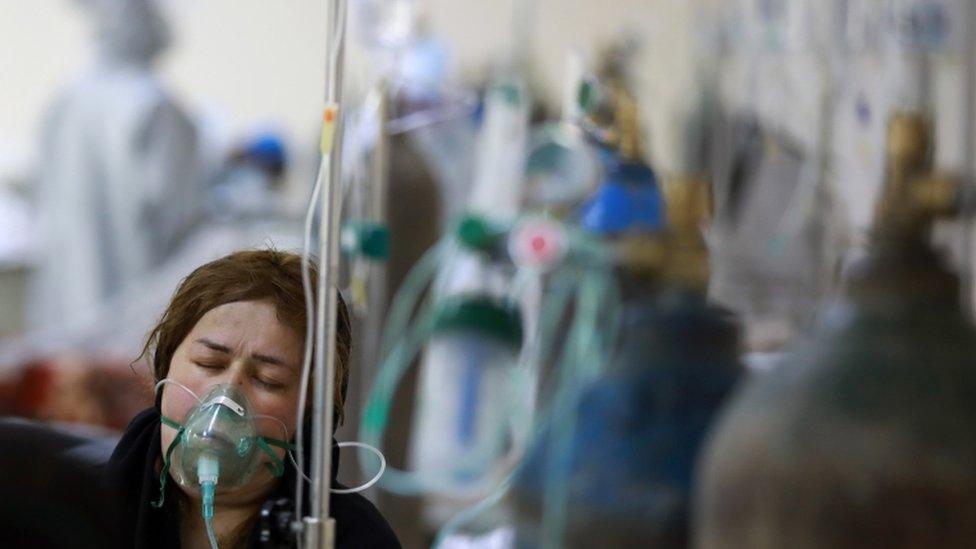
Afghanistan has recorded around 30,000 cases of coronavirus
The UN has condemned continued attacks against Afghan health workers and facilities amid the spread of Covid-19.
In a statement, the UN envoy to Afghanistan said both Afghan forces and the Taliban were responsible for "deliberate acts of violence that undermined healthcare operations".
Her comments follow the release of a report into ongoing violence in Afghanistan during the pandemic.
The violence includes an attack on a maternity unit which left 24 dead.
Newborns, mothers and nurses were all killed after militants stormed the facility in the capital Kabul on May 12. No group has yet claimed responsibility for the attack.
The young survivors of May's deadly attack on a maternity ward in Kabul
It was one of 15 attacks that the report notes took place between 11 March - when the World Health Organization declared coronavirus a global pandemic - to the beginning of a three-day ceasefire between the Taliban and the Afghan government on 23 May.
Of these, the Taliban were responsible for 10 incidents, including eight in which facilities were deliberately targeted.
Three other targeted attacks were attributed to Afghan security forces.
A further healthcare facility was damages during clashes between the two sides, the report said.
Is peace with the Taliban possible?
"The range and scale of deliberate attacks on healthcare in Afghanistan at a time when the country was confronted by the coronavirus disease (COVID-19) pandemic is of grave concern," the report, which was released by the UN Assistance Mission in Afghanistan (UNAMA) on Sunday, said, external.
"When an urgent humanitarian response was required to protect the lives of all individuals in Afghanistan, both sides were responsible for both targeted and accidental damage to health care facilities."
Coronavirus fears
So far, almost 29,000 coronavirus cases and 581 deaths have been recorded in Afghanistan, according to Johns Hopkins University.
But while the numbers appear low, the country has limited access to testing and the health system has suffered under decades of conflict.
Around 200,000 Afghans returned from neighbouring countries in March, the majority from Iran, which was particularly hard hit by the pandemic.
In addition to the pressure the conflict has placed on civilians during the pandemic, a report published by Save The Children in May found that seven million Afghan children were at risk of hunger as a result of a rise in food prices due to Covid-19.
- Published15 May 2020
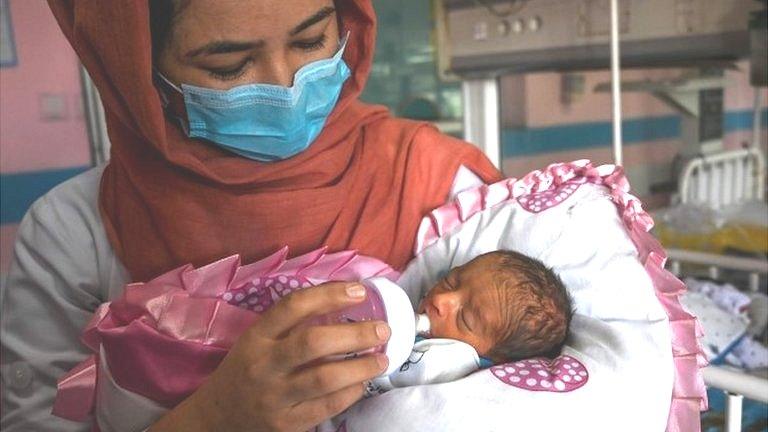
- Published18 May 2020
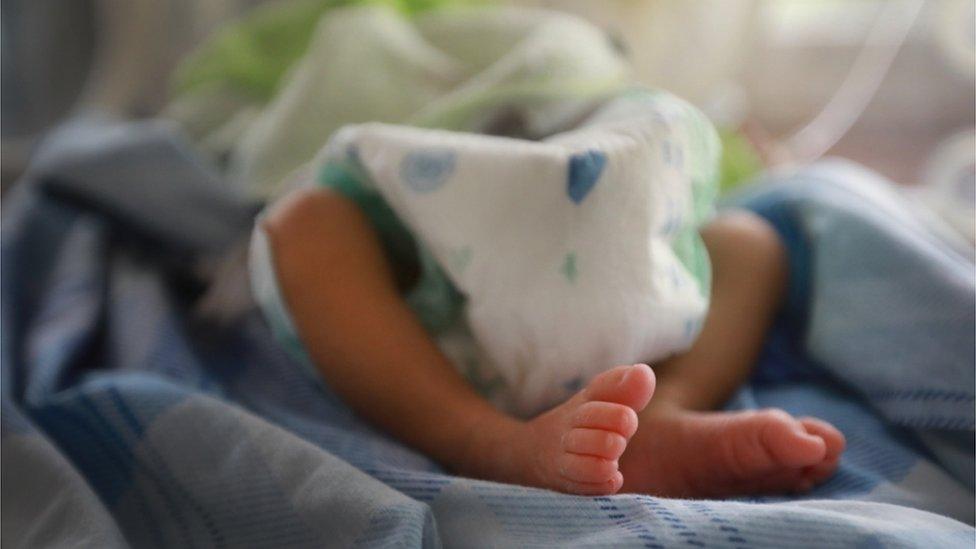
- Published9 April 2020
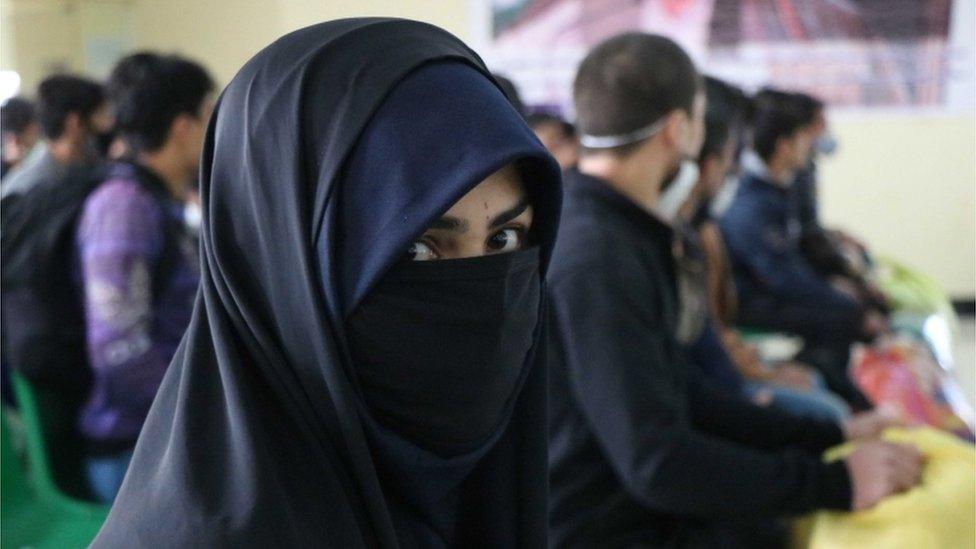
- Published21 May 2020

- Published1 May 2020
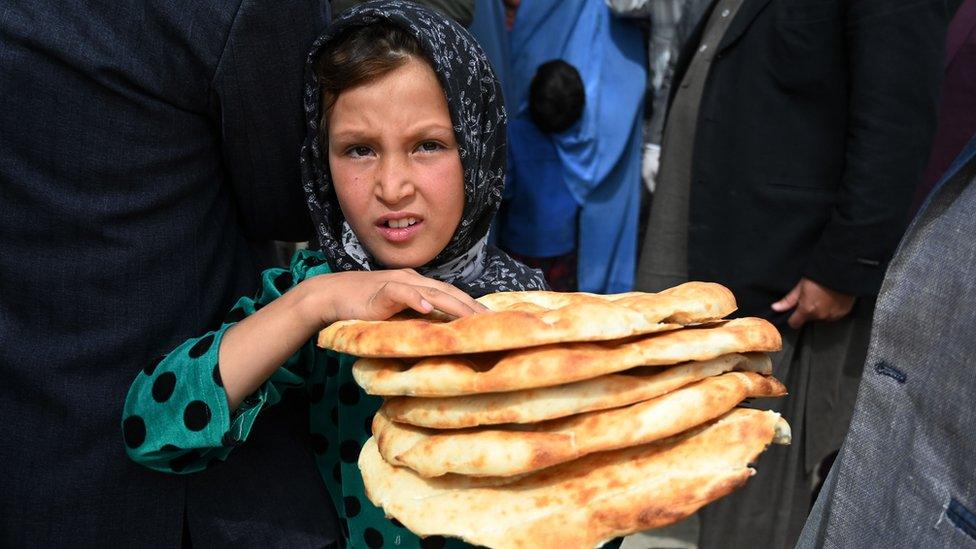
- Published19 April 2020
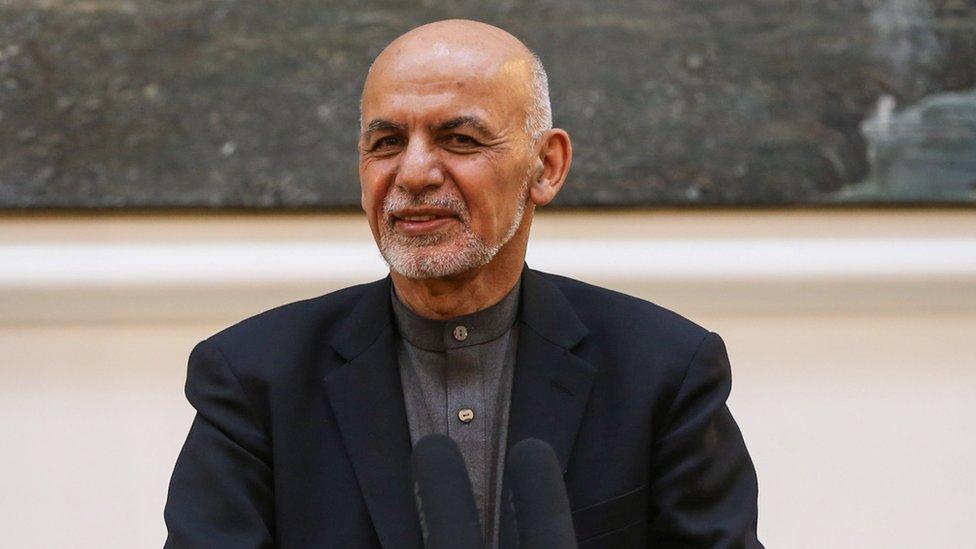
- Published20 May 2020
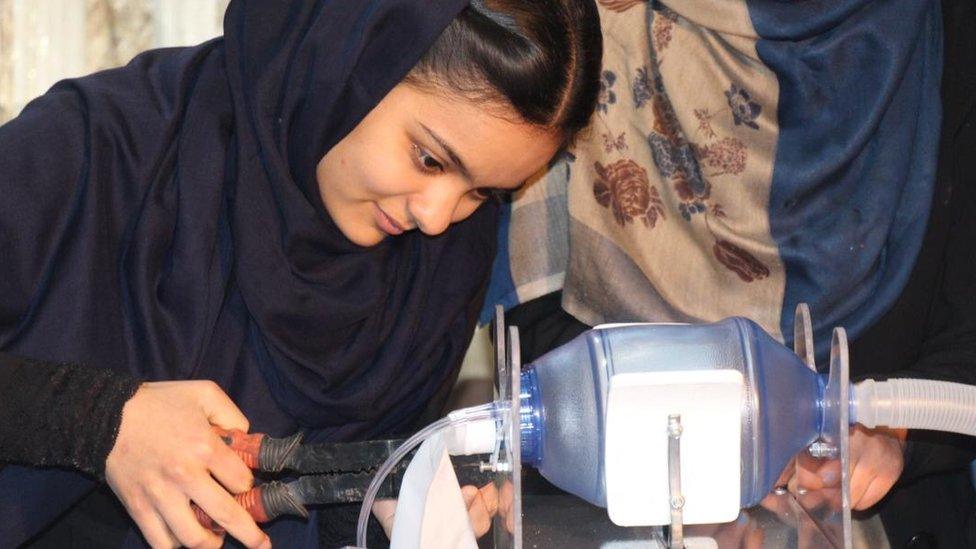
- Published20 May 2020
